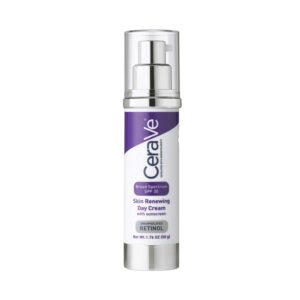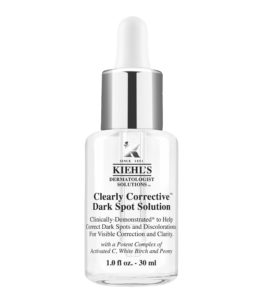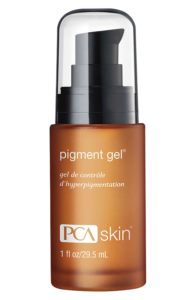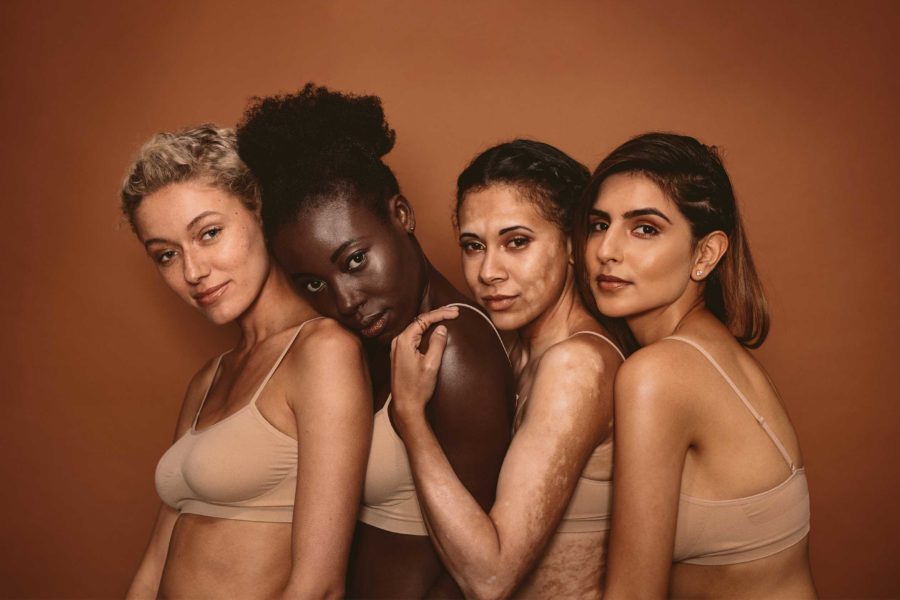No matter your prevention strategies, aging skin is inevitable. Wrinkles, volume loss, pigment changes, dryness. It may have already struck.
“We’re all aging,” says Neelam Vashi, M.D., an assistant professor of dermatology at Boston University School of Medicine. “There’s bone remodeling and fat redistribution that’s happening in our 20s.”
But, what aging looks like, which signs of Father Time your skin will show, and when you’ll start to look older aren’t so universal. Aging skin and when it starts to show depends on both extrinsic factors (whether or not you smoke, how religious you are about sunscreen) and intrinsic ones like genetics or ethnicity.
Aging skin can be particularly unique for women of different ethnicities.
Generally, signs of aging occur later and are less pronounced in ethnic skin, says Dr. Vashi, who’s also the director of the Boston University Center for Ethnic Skin.
One reason: Skin contains pigment-producing cells called melanocytes, explains Hye Jin Chung, M.D., an assistant professor of dermatology at Boston University School of Medicine. “Everybody has the same number of melanocytes, but the cells can produce different kinds of pigments [called melanin] in the skin.”
Caucasian people make lighter pigments; black people make darker ones. This plays a role in sun protection, she says. Research finds, for example, that Caucasian skin has an SPF of about 3.4. Black skin is protected with a “natural” SPF of 13.4.
In darker-skinned populations, other signs of aging such as wrinkles (particularly those super fine ones around the eyes and lips) tend to be delayed by anywhere from 10 to 20 years. But, it can also be more susceptible to certain age-related issues such hyperpigmentation (dark spots), hypopigmentation (light spots) and more.
So, what can you expect to see in years to come depending on your DNA? Here, experts weigh in. …
Time’s Effects on Ethnic Skin
When it comes to African-American or Afro-Caribbean skin, higher amounts of melanin could bring an increased risk of brown spots, uneven skin tone, and a benign condition called dermatosis papulosa nigra, small dark spots that develop on your face.
Dr. Vashi notes that African-American patients often complain of volume loss and redistribution. Due to differences in facial structure, this can be more common in your eyes and mid face.
Asians can suffer from deeper skin wrinkles around the forehead and sagging around the jawline and eye areas, Dr. Chung says. Melasma is another biggie, featuring gray-brown patches on sun-exposed areas and sun spots.
A benign condition called seborrheic keratoses — waxy, dark-colored elevated spots on the skin — can strike this population, too, she explains.
In general, ethnic skin tends to be drier than Caucasian skin, but Hispanic skin is usually oilier. One might also suffer from melasma or pigmentation issues due to cells making pigments in high amounts when exposed to sun or hormones, says Dr. Chung.



Cosmetic Choices That Could Help Stall (or Reverse) the Clock
Dermatologists don’t recommend skin care products based on ethnicity alone, but a curated beauty routine can keep certain age-related concerns at bay.
Not seeing improvements in three to four weeks? See your doctor. Prescriptions and skin treatments can help, says Ranella Hirsch, M.D., a dermatologist in Cambridge, Mass.
- Avene MINERAL High Protection Tinted Compact SPF 50 is a reef-safe, mineral sunscreen with iron oxides — an ingredient missing from most SPFs on the market that block against visible light, a contributor to pigmentation issues. $36
- CeraVe Skin Renewing Day Cream treats and protects skin with ceramides, hyaluronic acid, retinol and zinc oxide. $21
- Neutrogena Hydro Boost Gel-Cream with Hyaluronic Acid is an oil-free moisturizer that goes on as a gel is perfect for oily skin. $21
- Kiehl’s Clearly Corrective Dark Spot Solution is fragrance-free and non-irritating. Plus, vitamin C lightens up pesky dark spots. $52
- iS CLINICAL Pro-Heal Serum Advance+ has retinol and vitamin E to help with pigmentary disorders. $148
- PCA SKIN Pigment Gel uses hydroquinone and konica acid, which can lighten skin, according to Dr. Hirsch. “Apply at night with an eyeliner brush only to the areas you’re trying to lighten.” $60
Learn more about what ingredients in your skin care products do for aging skin, from two Boston estheticians.



 3 min read
3 min read


